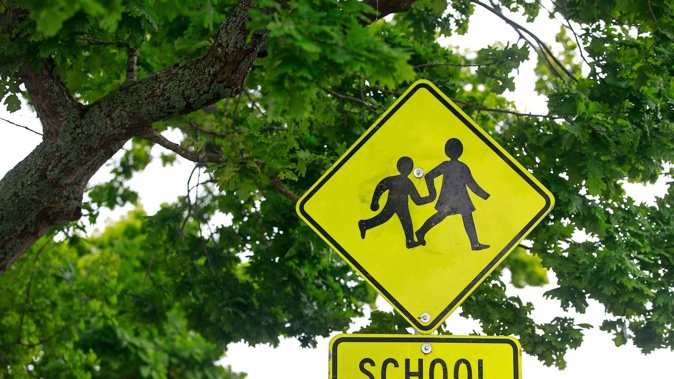
Thousands of senior secondary school students have no classes today as teachers begin a week of industrial action.
The union voted last week to reject the Government’s latest offer and begin partial strikes.
Year 12 and 13 students up and down the country will not be taught, instructed, or supervised on Monday by union members.
The rolling strikes will affect students in Year 11 on Tuesday, Year 10 on Wednesday, and Year 9 on Thursday.
The Post Primary Teachers’ Association (PPTA) said teachers wanted pay and conditions that would attract and keep staff, and were striking over stalled negotiations.
The Public Service Commissioner said its offer was strong and fair, and the union was choosing strikes over students.
Meanwhile, the Ministry of Education has criticised the union for “placing additional pressure on families and schools”.
Education workforce leader Anna Welanyk said she was disappointed by the decision to strike, which would disrupt student learning.
“Each school will assess its staffing capacity to determine whether it can safely remain open for instruction for affected year levels.”
PPTA president Chris Abercrombie said teachers were sending a clear message to the Government that they wanted an offer that met the needs of both teachers and students.
He said the union was yet to hear from the Government since the strike’s announcement last Friday, and currently there were no negotiating days booked.
Auckland art teacher and union representative Paul Stevens said the job had become increasingly difficult in the decade he’d been in the classroom with more students with complex needs.
He said pastoral care was as central to the union’s claim as pay.
“The cohort of students that are coming through the secondary system at the moment are also those – that are to a certain degree ... most affected by Covid in terms of their learning.
“So, it is fair to say the job has become more challenging that’s absolutely the case – but it’s still really rewarding.”
Public Service Commissioner Sir Brian Roche urged the union to return to the bargaining table, and said negotiation, not escalation, was the way forward.
“Industrial action affects not only classrooms, but also the overall wellbeing of students and working parents,” he said.
“The offer made to teachers was a very good one, and teachers have an opportunity to settle and get extra money into their pockets quickly.”
He argued that the offer on the table was strong, fair and addressed cost-of-living pressures without ignoring the fiscal pressures facing the country.
It would have cost taxpayers an additional $361 million over four years, he said.
It represented a pay increase of 4.7% within 12 months for secondary teachers already at the top of their pay scale, Roche said.
“In difficult economic times, pay settlements must be affordable and responsible.”
The Commission said secondary teachers received pay advances of up to 14.5% in the past three years.
-RNZ
Take your Radio, Podcasts and Music with you









